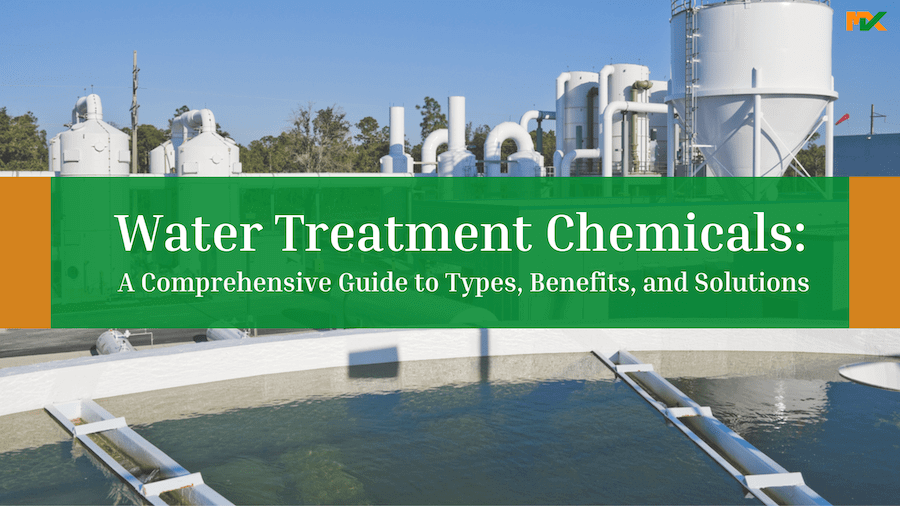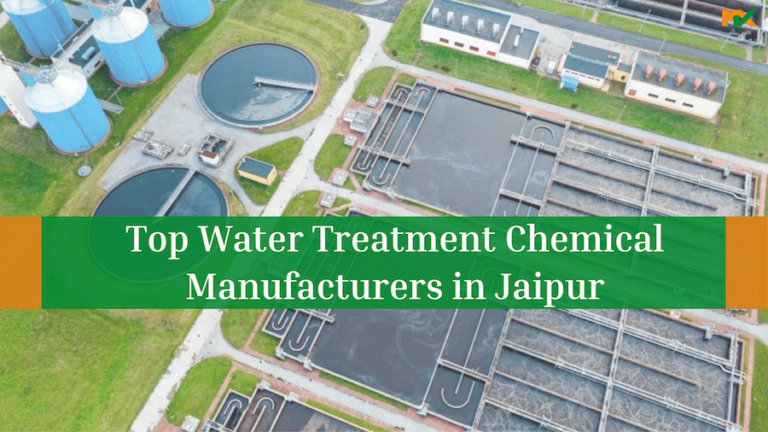Water Treatment Chemicals: A Comprehensive Guide to Types, Benefits, and Solutions
Introduction
Clean, safe water is essential for industries, homes, and ecosystems. From cooling towers in factories to reverse osmosis (RO) systems in households, water treatment chemicals are the unsung heroes that ensure efficiency, safety, and sustainability. At MX Organics, we specialize in designing solutions tailored to combat challenges like scale buildup, bacterial growth, and corrosion. In this guide, we’ll explore the science behind water treatment chemicals, their applications, and how they deliver tangible benefits—without the jargon.
Understanding Different Type of Water Treatment Chemicals
Water treatment isn’t a one-size-fits-all process. Contaminants vary—minerals, microbes, organic matter—and each requires a targeted approach. Here’s how different chemicals address specific challenges:
1. Coagulants and Flocculants: Clarifying Murky Waters
The Challenge: Suspended particles in wastewater or industrial runoff resist settling, leading to cloudy water and regulatory issues.
The Solution:
- Coagulants neutralize electrical charges on particles, causing them to clump together.
- Flocculants bind these clumps into larger aggregates (flocs) for easy removal.
Real-World Application:
Municipal treatment plants rely on these chemicals to purify water. For instance, our liquid flocculant streamlines sedimentation in sewage treatment, ensuring cleaner effluent.
2. Disinfectants and Biocides: Eliminating Hidden Threats
The Challenge: Bacteria like Legionella in cooling towers or algae in swimming pools pose health risks and damage equipment.
The Solution:
- Disinfectants (e.g., chlorine) destroy pathogens.
- Biocides prevent microbial regrowth in closed systems.
Case Study:
A hotel in Jaipur reduced pool maintenance costs by 40% using a chlorine-based disinfectant, ensuring crystal-clear water year-round.
3. Scale and Corrosion Inhibitors: Protecting Infrastructure
The Challenge: Hard water causes limescale in boilers and RO membranes, while corrosion silently eats away at pipelines.
The Solution:
- Scale inhibitors disrupt mineral crystallization, preventing deposits.
- Corrosion inhibitors form protective films on metal surfaces.
Industry Insight:
In textile factories, scale inhibitors can cut boiler downtime by 60%, saving thousands in lost productivity. Our RO anti-scalant is engineered to extend membrane life in high-hardness water conditions.
4. pH Adjusters and Oxygen Scavengers: Balancing Water Chemistry
The Challenge: Acidic water corrodes pipes, while dissolved oxygen accelerates rust in boilers.
The Solution:
- pH adjusters stabilize alkalinity (ideal range: pH 6.5–8.5 for drinking water).
- Oxygen scavengers chemically neutralize free oxygen.
Why It Matters:
Proper pH balance ensures compliance with safety standards, while oxygen removal can slash maintenance costs by 30% in steam plants.
5. Descaling Agents and Drainage Cleaners: Tackling Stubborn Deposits
The Challenge: Scale buildup in heat exchangers or clogged drains halts operations.
The Solution:
- Descaling agents dissolve mineral deposits using acidic or chelating formulations.
- Drainage cleaners break down organic blockages in pipelines.
Success Story:
A hospital in Jaipur restored its HVAC system within 48 hours using a descaling solution, eliminating years of accumulated scale.
The Multifaceted Benefits of Water Treatment Chemicals
Beyond immediate results, these chemicals deliver long-term value:
- Cost Savings: Scale-free systems use 15–20% less energy.
- Regulatory Compliance: Meet environmental standards for wastewater discharge.
- Extended Equipment Lifespan: Protect costly machinery from premature wear.
- Sustainability: Enhance bacterial digestion in sewage treatment plants, reducing sludge volume.
Choosing the Right Solutions: What Sets MX Organics Apart
While many suppliers focus solely on chemicals, we prioritize solutions:
- Industry-Specific Expertise: Cooling towers need dispersants to prevent fouling, while RO systems require specialized anti-scalants.
- Localized Formulations: Rajasthan’s hard water demands unique approaches—our products are tested for regional challenges.
- Bulk and Customized Orders: From defoamers for wastewater plants to granular chlorine for pools, we scale to your needs.
Conclusion:
Water treatment is more than a technical necessity—it’s an investment in efficiency, safety, and sustainability. At MX Organics, we combine science with practicality to deliver solutions that work. Whether you’re battling scale in boilers, algae in pools, or sludge in wastewater, our team is here to help.
Explore our range of water treatment chemicals or connect with our experts to find the right fit for your needs. Let’s make every drop count!
FAQs:
1. Are water treatment chemicals safe for drinking water?
Yes. NSF-certified chemicals like pH adjusters and dechlorinators are rigorously tested for potable water use.
2. How often should I descale my industrial boiler?
Depends on water hardness. With inhibitors, descaling frequency can drop from monthly to annually.
3. Can I use pool disinfectants in cooling towers?
No. Cooling towers require biocides that combat biofilm, while pools need faster-acting disinfectants.


